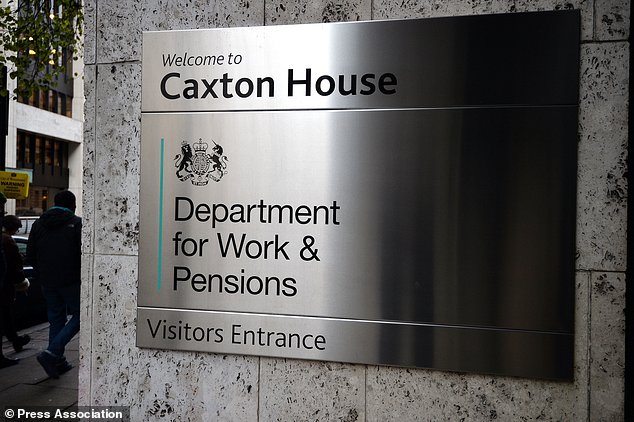This contribution is from Penny Mordaunt .. Minister for Disabled People
The Government’s vision is to remove the barriers that disabled people face to enable them to fulfil their potential and have equal opportunities in society. Our approach was developed with disabled people. It reflects what they told us is important in bringing about changes needed to have a real impact on their day-to-day lives.
Achieving our vision means changing attitudes towards disability and creating more inclusive and accessible work places, and communities. We continue to work in partnership with disabled people, their organisations and other businesses to deliver change.
Our commitment is to get one million more disabled people into work. That is why we have driven the implementation of a number of Specialist Disability Programmes which have been instrumental in supporting disabled people with long term health conditions back to work. There are many examples of how we are supporting disabled people in employment.

In 2013 we launched the Disability Confident campaign to change attitudes and to make the recruitment, and retention, of disabled people usual practice across business. We know that disabled people often stay in the job for longer, have a strong commitment to their job, have lower absenteeism, and can also help businesses understand the needs of disabled customers and, in turn, broaden their customer base.
Access to Work is key to supporting employers in working with Government to support disabled people in the work place. It assists disabled workers, and their employers, to overcome workplace barriers resulting from a disability or health condition. It does this by considering a grant to assist with the additional costs of employing someone with a disability, within the wider context of potential solutions and adjustments. Support comprises of help which is over and above what an employer might be expected to reasonably provide to meet their responsibilities under the Equality Act 2010.
Work Choice provides tailored support to help disabled people who face the most complex barriers to employment find and stay in work and ultimately help them progress into unsupported employment, where it is appropriate for the individual. Work Choice has helped 29,520 disabled people back into work since 2010.

Furthermore, Jobcentre Plus has a dedicated network of Disability Employment Advisers who provide support and advice for disabled people who need help finding and retaining employment. They can refer individuals to specialist programmes and can use the professional expertise of Work Psychologists, who specialise in working with disabled people. Disability Employment Advisers advocate with employers on the individual’s behalf and help employers to explore job solutions such as the restructuring of a job’s tasks, environment, or the provision and change of equipment.
As the economy continues to improve the Government is committed to supporting people with disabilities and long term health conditions to enter, remain in, and return to work, to deliver the health benefits that work brings. This Government’s ambition is for the UK to become a world leader in supporting disabled people, and people with health conditions, so that they can realise their full potential.
We will do this by delivering improvements in a joined up way across four disparate systems: health, welfare, employment support, and employers; we want to offer the opportunity to work for all those who can, help for those who could, and care for those who cannot work.
As you may be aware the Work, Health and Disability Green paper was published on 31 October 2016 and the consultation closed on 17 February. It set out the action we plan to take and consulted on proposals for wider reform. The issues addressed by the Green Paper are wide-ranging and complex and as such received a high level of responses – almost 6,000. We are now carefully considering the consultation responses and next steps for longer-term reform and will set these out later in the autumn.

On 21 February, I also announced eleven Disability Sector Champions who will help tackle the issues disabled people face as consumers. These Champions represent a range of different sectors and businesses, from gaming to transport to retail. They are using their influential status as leaders to drive improvements to the accessibility and quality of services and facilities. They are also showcasing best practice and promoting the benefits of being inclusive and accessible to disabled people.

